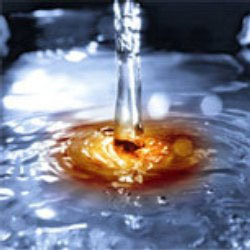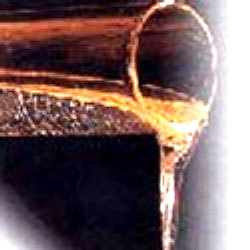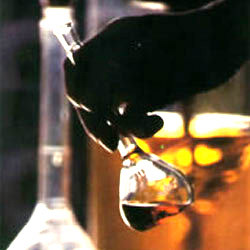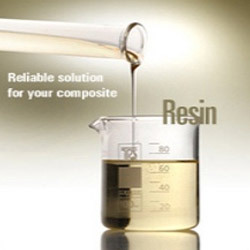Bisphenol Unsaturated

Bisphenol Unsaturated
Epoxy or polyepoxide is a thermosetting polymer formed from reaction of an epoxide "resin" with poly amine "hardener". Epoxy has a wide range of applications, including fiber-reinforced plastic materials and general-purpose adhesives.
Epoxy is a co polymer; formed from two different chemicals referred to as the "resin" and the "hardener". The resin consists of monomers or short chain polymers with an epoxide group at either end. Most common epoxy resins are produced from a reaction between epichlorohydrin and Bisphenol-A, though the latter may be replaced by similar chemicals. The hardener consists of poly amine monomers, for example Triethylenetetramine (TETA). When these compounds are mixed together, the amine groups react with the epoxide groups to form a covalent bond. Each NH group can react with an epoxide group, so that the resulting polymer is heavily cross-linked, and is thus rigid and strong.
The process of polymerization called "curing" can be controlled through temperature and choice of resin and hardener compounds; the process can take minutes to hours. Some formulations benefit from heating during the cure period, whereas others simply require time, and ambient temperature. The Bisphenol Unsaturated Polyester Resins has excellent corrosion resistance to acids, mild alkali, salts and solvents.
They find wide application in the following areas:
Chemical process plants
Acid resistance Pipes
Acid Storage vessel
Send Enquiry







